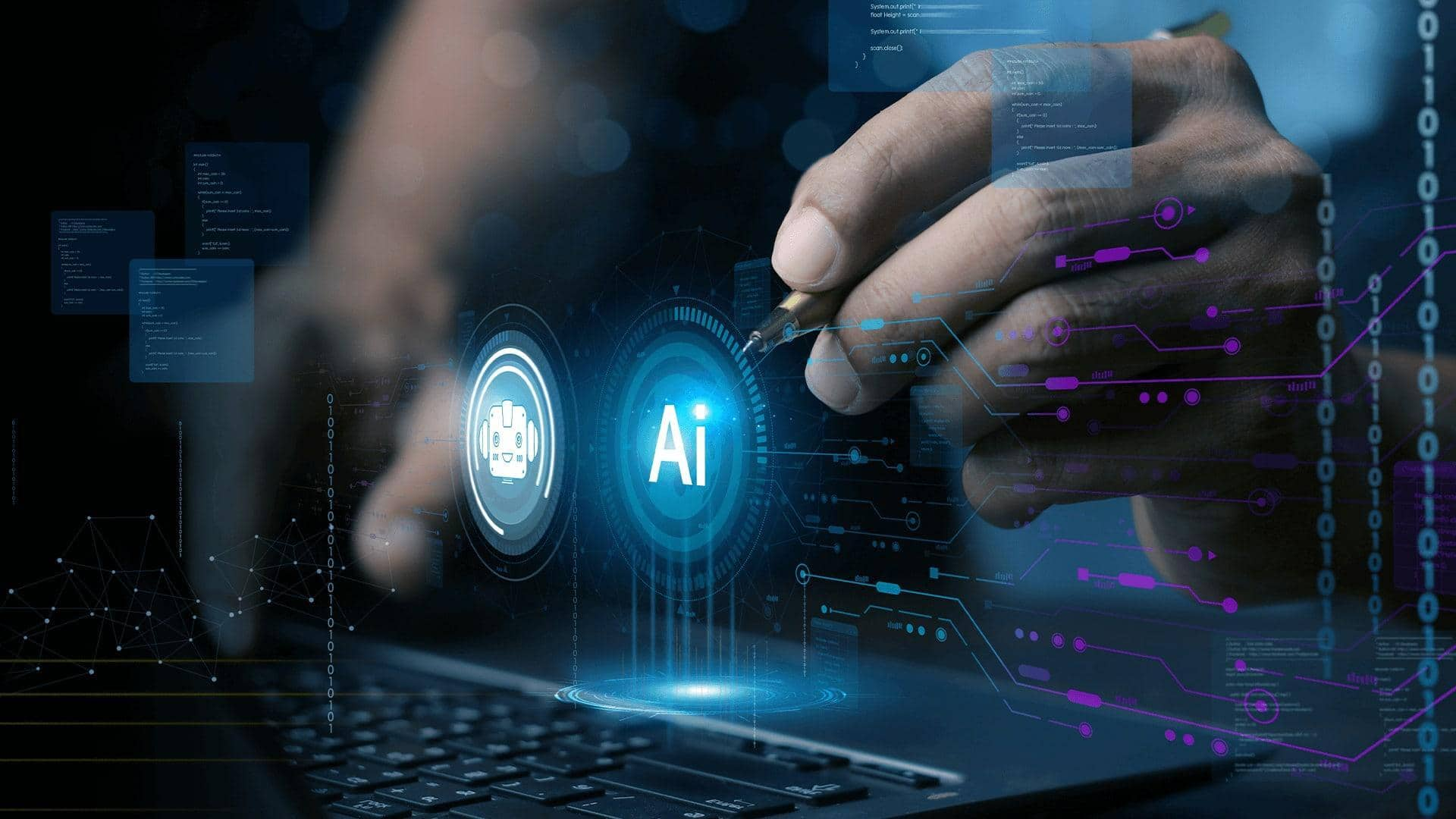
AI is a tool, not inventor, says US patent office
What's the story
The United States Patent and Trademark Office (USPTO) has updated its guidelines on the use of generative artificial intelligence (genAI) in innovation. The agency's director, John Squires, said that USPTO considers genAI as "analogous" to other tools used by inventors such as lab equipment, software, and research databases. This clarification comes amid ongoing debates over the role of AI in patentable inventions.
AI as an instrument
AI systems: Tools for human inventors
Squires clarified that "AI systems, including generative AI and other computational models, are instruments used by human inventors." He added these systems may provide services and generate ideas but remain tools in the hands of a human inventor. This clarification emphasizes the role of humans in the inventive process even when advanced technologies like genAI are involved.
Patent evaluation
No separate process for AI-assisted inventions
The updated USPTO guidelines also clarify that there is no separate process for determining the patentability of an AI-assisted invention. Squires said, "When multiple natural persons are involved in creating an invention with AI assistance, the traditional joint inventorship principles apply." This means that traditional rules of joint inventorship still apply when multiple human inventors are involved in creating an invention with the help of AI.
Legal perspective
Court ruling on AI as an inventor
The Federal Circuit Court of Appeals has ruled that "AI cannot be named as an inventor on a patent application (or issued patent) and that only natural persons can be inventors." This legal stance remains unchanged in the latest USPTO guidelines. However, the updated rules do provide more clarity on whether new medications developed with the help of genAI systems can be patented.